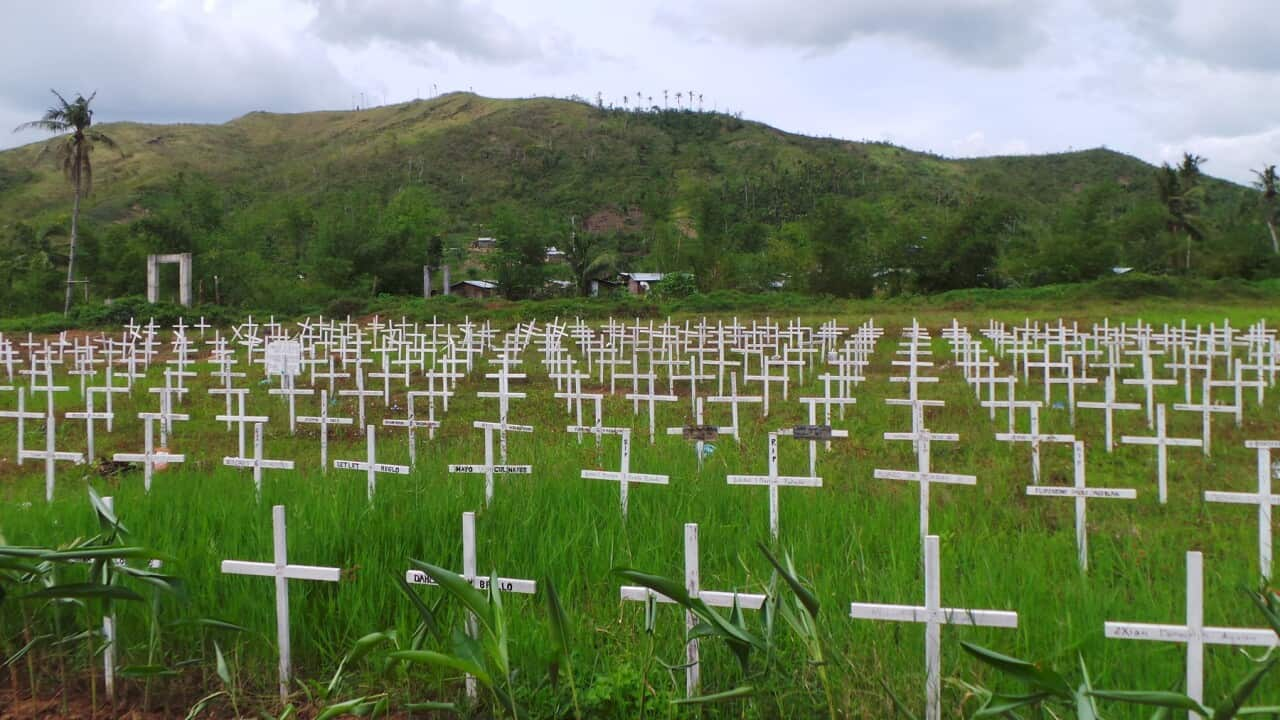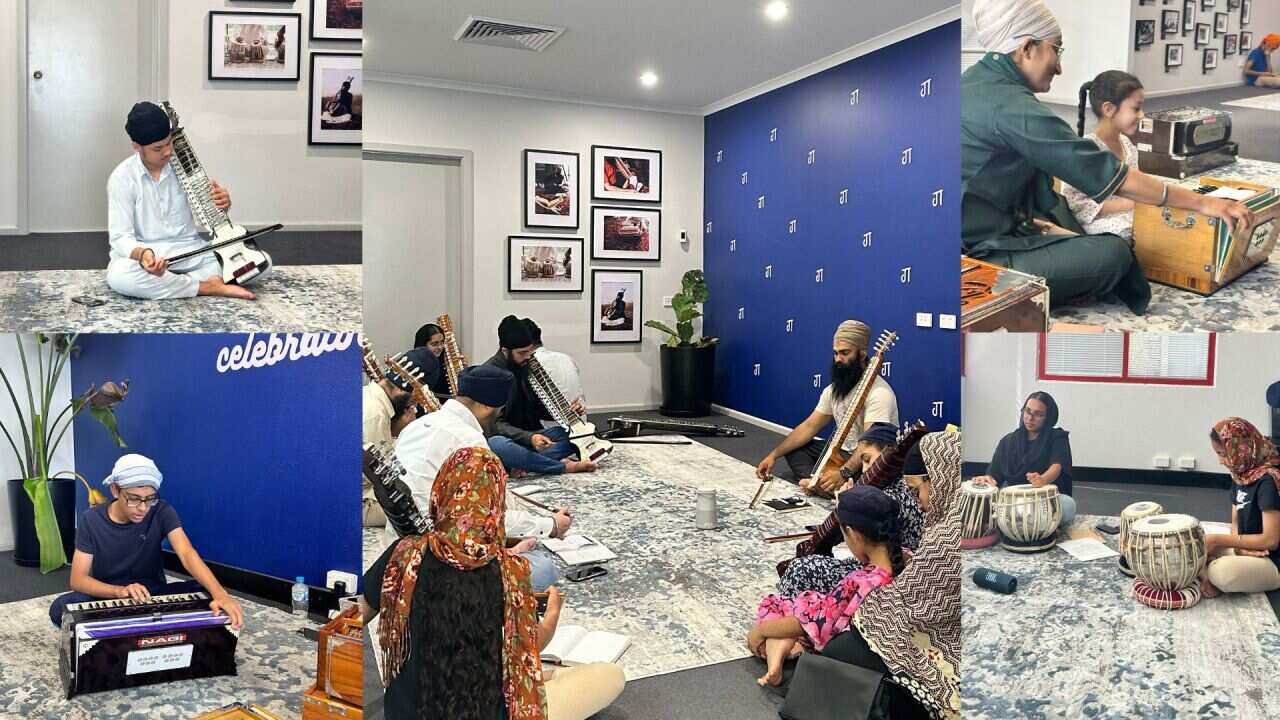The report, "Born into the Climate Crisis", uses modelling for 178 countries to predict how climate change will affect children born in 2020 over their lifetimes.
It finds that this generation - now aged one year old - will on average experience up to 24 times as many climate-induced extreme weather events as someone born in the 1960s.
The report's lead author is Save the Children's Erin Ryan.
"A baby born last year in Papua New Guinea will face over ten times as many heatwaves and double the risk of fires as their elders. While children in Vanuatu who are already recovering from a barrage of devastating cyclones over the last few years will face new challenges including three times as many droughts."
The report models five extreme weather events: bushfires, crop failure, drought, river floods and heatwaves. It finds that low- and middle-income countries will be disproportionately affected, even though they contribute less to global emissions.
Not only will natural disasters occur more regularly in these countries, but they will also perpetuate existing inequalities such as poverty, discrimination, access to health and education, malnutrition, and exploitation.
But Australian children are not immune to the ravages of global warming.
"So in Australia the report finds that children born in 2020 can expect to experience over four times as many heatwaves, over three times as many droughts, as well as a 30 per cent increase in exposure to bushfires under our vastly inadequate Paris agreement commitments. "
Click on the player at the top of the page to listen to the news bulletin in Punjabi.
People in Australia must stay at least 1.5 meters away from others. Check your state’s restrictions on gathering limits.
If you are experiencing cold or flu symptoms, stay home and arrange a test by calling your doctor or contact the Coronavirus Health Information Hotline on 1800 020 080. News and information is available in 63 languages at sbs.com.au/coronavirus




